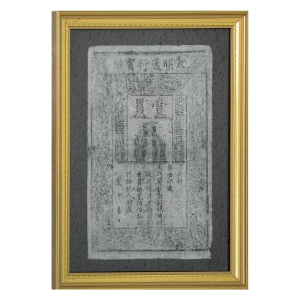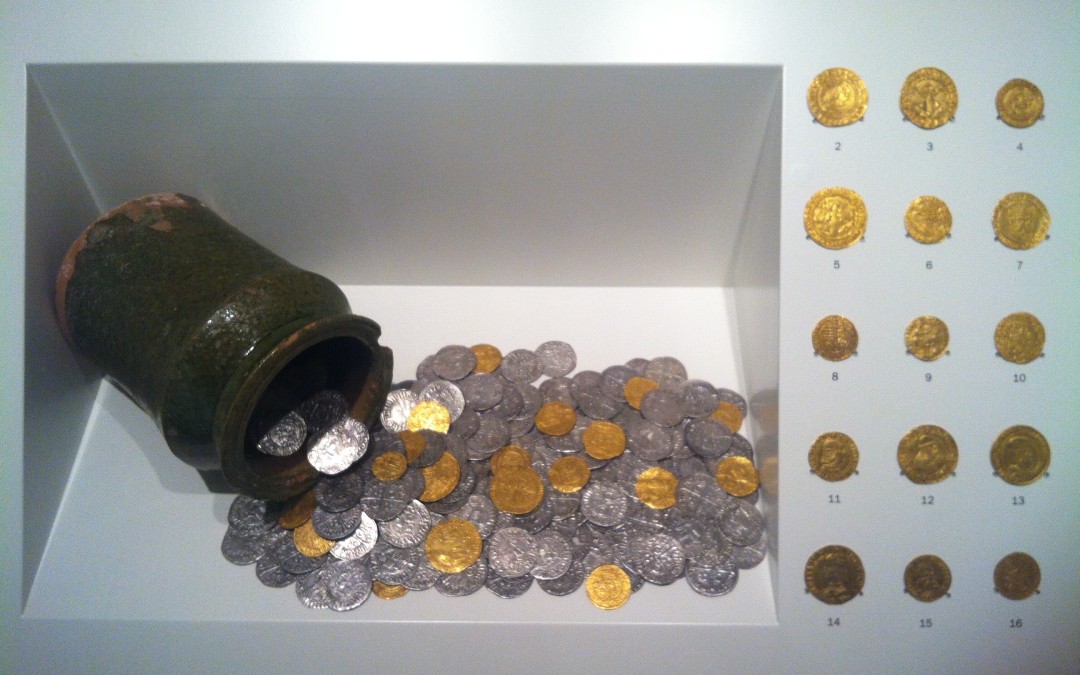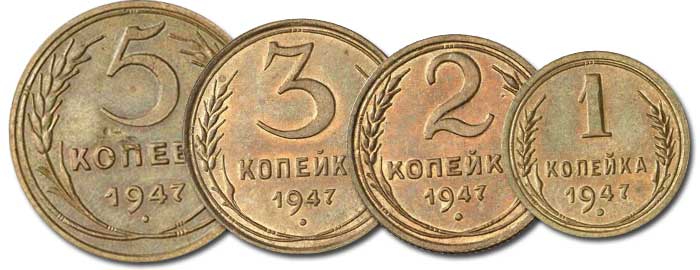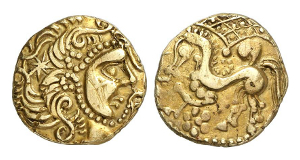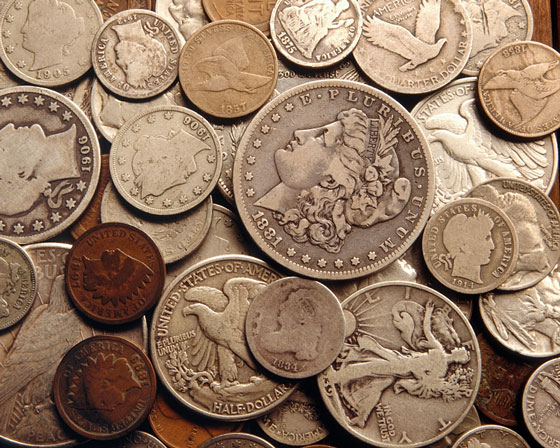chasing the honor
Byzantine coins (ca. 500-1453)
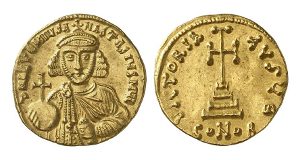 The fall of the Roman Empire was in the late Middle Ages, at least in the east of Europe. After the death of Emperor Theodosius I in 395, the Roman Empire was divided into two parts, and in its eastern part a “Byzantine Empire” was formed, the name of which comes from the original name of the capital “Byzantium”. At the same time, the “Byzantine” empire became known only in the historical science of modern times. The Byzantines themselves always considered and called themselves “Romans” and never “Byzantines”. Continue reading
The fall of the Roman Empire was in the late Middle Ages, at least in the east of Europe. After the death of Emperor Theodosius I in 395, the Roman Empire was divided into two parts, and in its eastern part a “Byzantine Empire” was formed, the name of which comes from the original name of the capital “Byzantium”. At the same time, the “Byzantine” empire became known only in the historical science of modern times. The Byzantines themselves always considered and called themselves “Romans” and never “Byzantines”. Continue reading
Roman coins (III century BC – V century AD)
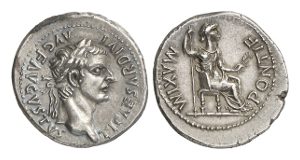 The Roman Empire dominated most of the ancient world known to us for over 500 years and exerted a decisive influence on the economy, art and culture of Europe in subsequent centuries. In the area of coin minting and in money making in general, the Romans also laid the foundations for their subsequent development.
The Roman Empire dominated most of the ancient world known to us for over 500 years and exerted a decisive influence on the economy, art and culture of Europe in subsequent centuries. In the area of coin minting and in money making in general, the Romans also laid the foundations for their subsequent development.
The most ancient Roman coins were cast in bronze (the so-called “heavy bronze”, Aes grave), and the image on them contained an indication of dignity in assa (the ass was equal to one pound) and ounces (1/12 assa). Continue reading
Celtic Coins (III-I century BC)
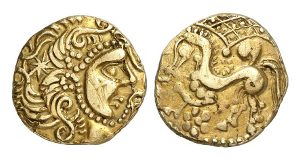 The name “Celts” was first mentioned by the Greek historian Herodotus (Greek “keltoi” means “brave”). At one time, the Celts were scattered throughout Northern Europe, although it was never a question of any kind of Celtic public education, but at most temporary alliances of individual tribes to achieve certain goals. Continue reading
The name “Celts” was first mentioned by the Greek historian Herodotus (Greek “keltoi” means “brave”). At one time, the Celts were scattered throughout Northern Europe, although it was never a question of any kind of Celtic public education, but at most temporary alliances of individual tribes to achieve certain goals. Continue reading

